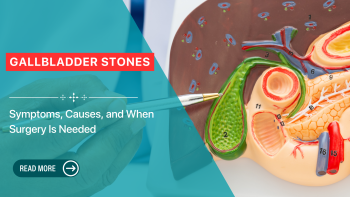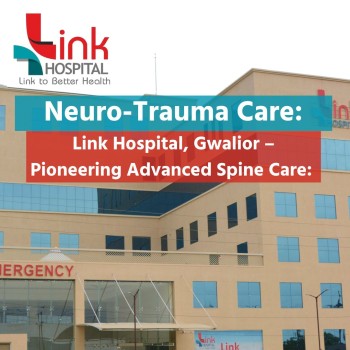The thyroid, a small butterfly-shaped gland in your neck, regulates metabolism, energy levels, and overall health. Despite their importance, thyroid disorders often go unnoticed until they escalate into serious health concerns. By paying attention to the subtle "whispers" of your thyroid, you can take proactive measures before these symptoms turn into a loud "scream." This blog explores early signs of thyroid dysfunction, its impact on health, and how timely intervention can prevent complications.
Understanding the
Thyroid Gland
What Does
the Thyroid Do?
The thyroid gland produces hormones—thyroxine (T4) and triiodothyronine (T3)—that
regulate various bodily functions, including:
● Metabolism
and energy production
● Body
temperature regulation
● Heart
rate and circulation
●
Brain function and mood stability
An imbalance in thyroid hormones can lead to either hypothyroidism (underactive thyroid) or hyperthyroidism (overactive thyroid), both of which come with distinct symptoms and health risks.
Early Signs of Thyroid
Dysfunction
Common Symptoms of Hyperthyroidism
Hyperthyroidism happens when the thyroid
produces excessive hormones. Symptoms include:
● Unexplained weight loss
● Rapid heartbeat and palpitations
● Increased appetite
● Excessive sweating and heat intolerance
● Tremors and anxiety
● Frequent bowel movements
●
Bulging eyes (in
cases of Graves' disease)
Many of these symptoms are often
misattributed to stress, aging, or other medical conditions, leading to delayed
diagnosis and treatment.
Risk Factors and Causes
of Thyroid Disorders
Several factors contribute to thyroid
dysfunction, including:
● Genetics: A Family history of thyroid
disorders increases the risk.
● Autoimmune Conditions: Hashimoto’s
thyroiditis (hypothyroidism) and Graves’ disease (hyperthyroidism) are common
autoimmune causes.
● Iodine Deficiency or Excess: Iodine
levels directly affect thyroid hormone production.
● Pregnancy and Hormonal Changes: Women
are more susceptible due to hormonal fluctuations.
● Medications and Radiation Exposure: Certain drugs and radiation treatments can impact thyroid function.
Diagnosing Thyroid
Disorders
Essential
Thyroid Tests
If you experience symptoms of thyroid
dysfunction, a doctor may recommend:
● TSH (Thyroid-Stimulating Hormone) Test
– Determines thyroid function
● T3 and T4 Tests – These measure thyroid
hormone levels
● Thyroid Antibody Tests – Detect
autoimmune thyroid disorders
●
Ultrasound or
Biopsy – Used in cases of suspected nodules or tumors
Early diagnosis is key to managing thyroid
conditions effectively and preventing complications.
Managing and Treating
Thyroid Disorders
Treatment
for Hypothyroidism
● Thyroid Hormone Replacement Therapy:
The most common treatment involves daily doses of synthetic thyroxine
(levothyroxine).
● Balanced Diet: Ensuring adequate
iodine, selenium, and zinc intake supports thyroid health.
●
Regular
Exercise: Helps boost metabolism and energy levels.
Treatment
for Hyperthyroidism
● Anti-thyroid medications: Reduce excess
hormone production.
● Radioactive Iodine Therapy: Destroys
overactive thyroid tissue.
●
Surgery
(Thyroidectomy): Recommended in severe cases with ineffective medication.
Get Expert Thyroid Care at Link Hospital, Gwalior
If you or a loved one is experiencing
symptoms of thyroid dysfunction, do not ignore them. Link Hospital, Gwalior, offers expert endocrinologists,
state-of-the-art diagnostic facilities, and personalized treatment plans to
help you maintain optimal thyroid health.
Book
an appointment today to get the best thyroid care in Gwalior and ensure
your well-being before a whisper turns into a scream.
By staying informed and proactive, you can
take control of your thyroid health and lead a balanced, energetic life. Don't
wait—listen to the whispers before they become a scream!











